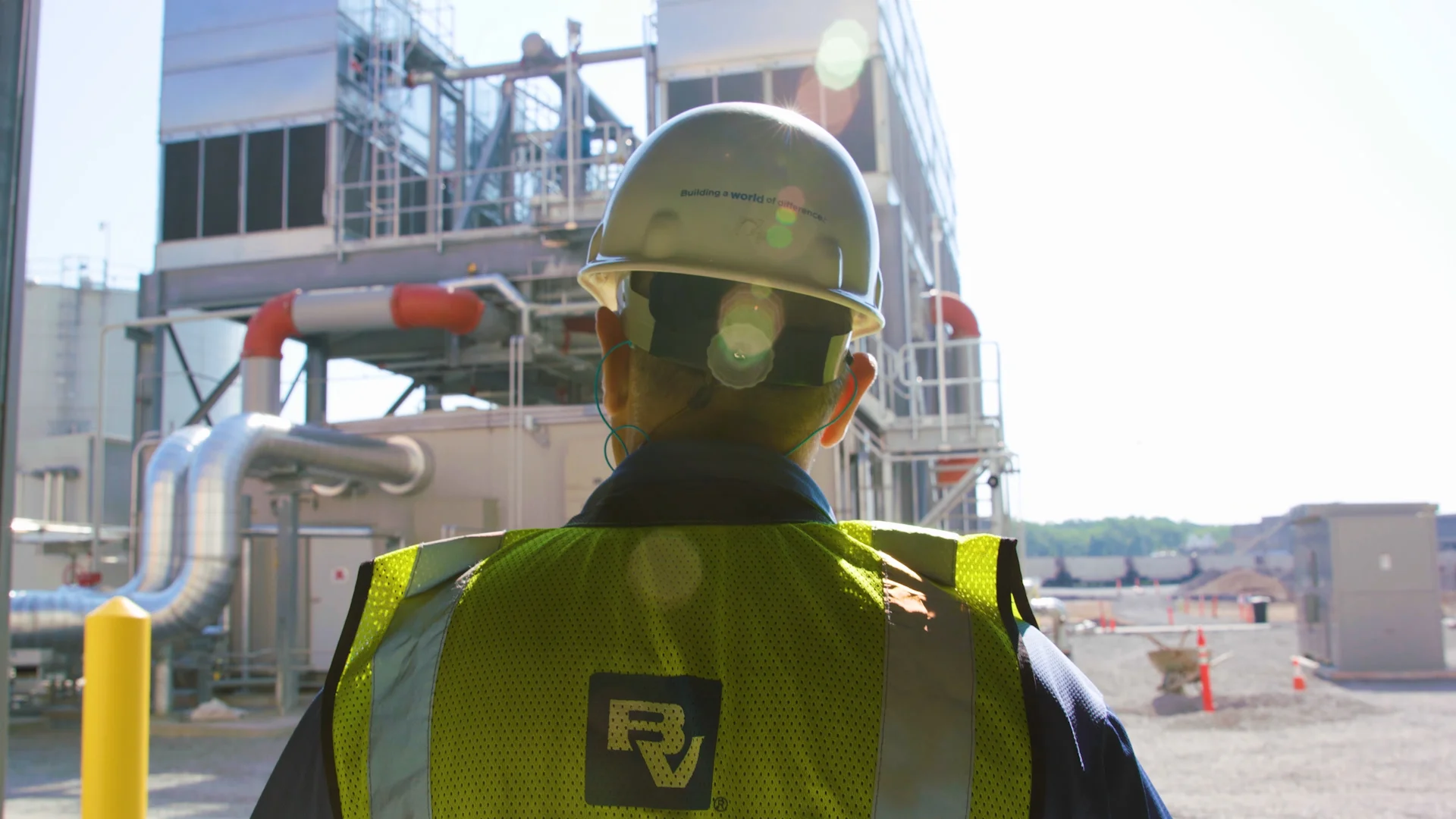Digital Twin Central to Modelling Advances That Will Deliver Lowest Levelised Cost of Energy

- Project Name
- Tidal Turbine Optimisation
- Location
- Orkney, Scotland, UK
- Client
- Orbital Marine Power Ltd
Orbital Marine Power, the world’s leading developer of floating tidal stream turbines, appointed Black & Veatch’s UK renewable energy team as Lead Engineering Partner to support technology optimisation and cost reduction engineering as part of the company’s €5m research and development programme.
The four-year programme builds on Orbital’s unique floating tidal turbine technology, the O2, in an initiative to identify and de-risk innovations capable of accelerating cost reductions for tidal stream energy. At the heart of this effort Black & Veatch has created a digital twin of Orbital’s current turbine design that allows the teams to model turbine improvements and identify which advances deliver the lowest levelised cost of energy across the entire turbine lifecycle.
The UK renewables team is modelling the full infrastructure life cycle: development through to decommissioning; because, when seeking to reach the lowest levelised cost of energy, the greatest accuracy is achieved by maximising the whole solution.
As well as looking at factors like the blade design and control system, the project is modelling factors such as wake interference - to foster commercialisation at array scale. Analysis from the first stage of the project showed whole life cycle costs for floating tidal energy could be competitive with floating offshore wind, with the potential for prices at around £60 per megawatt-hour, when deployed at scale. Initial engineering analysis showed that increasing rotor diameter was key to reducing floating tidal energy costs.
Tidal is a significant source of renewable energy; its predictable nature makes it a valuable part of a balanced energy mix, helping to balance load and demand alongside other forms of renewables such as wind and solar power.
Contact Us
Looking for a partner in innovation?
Let's Talk
